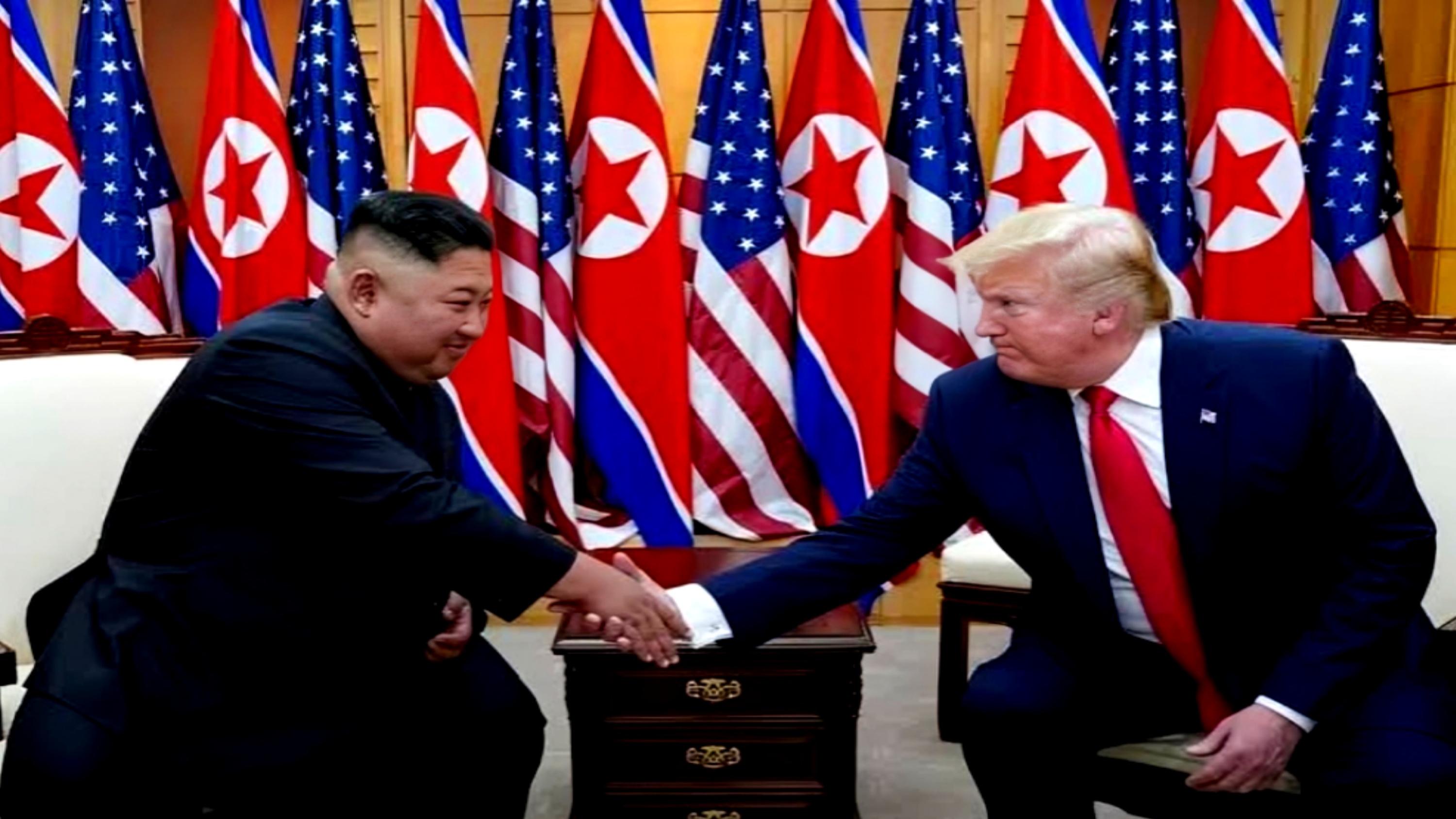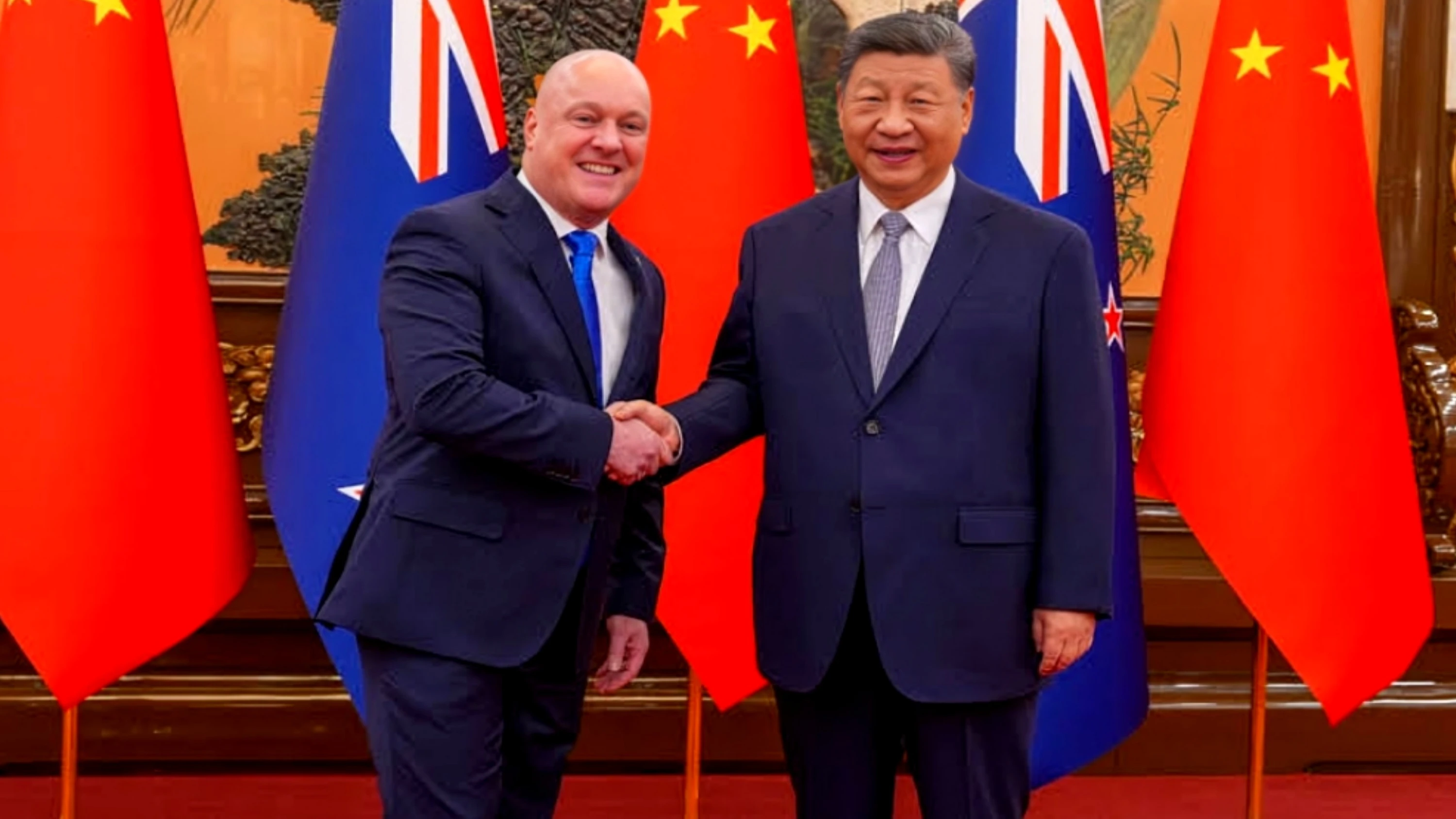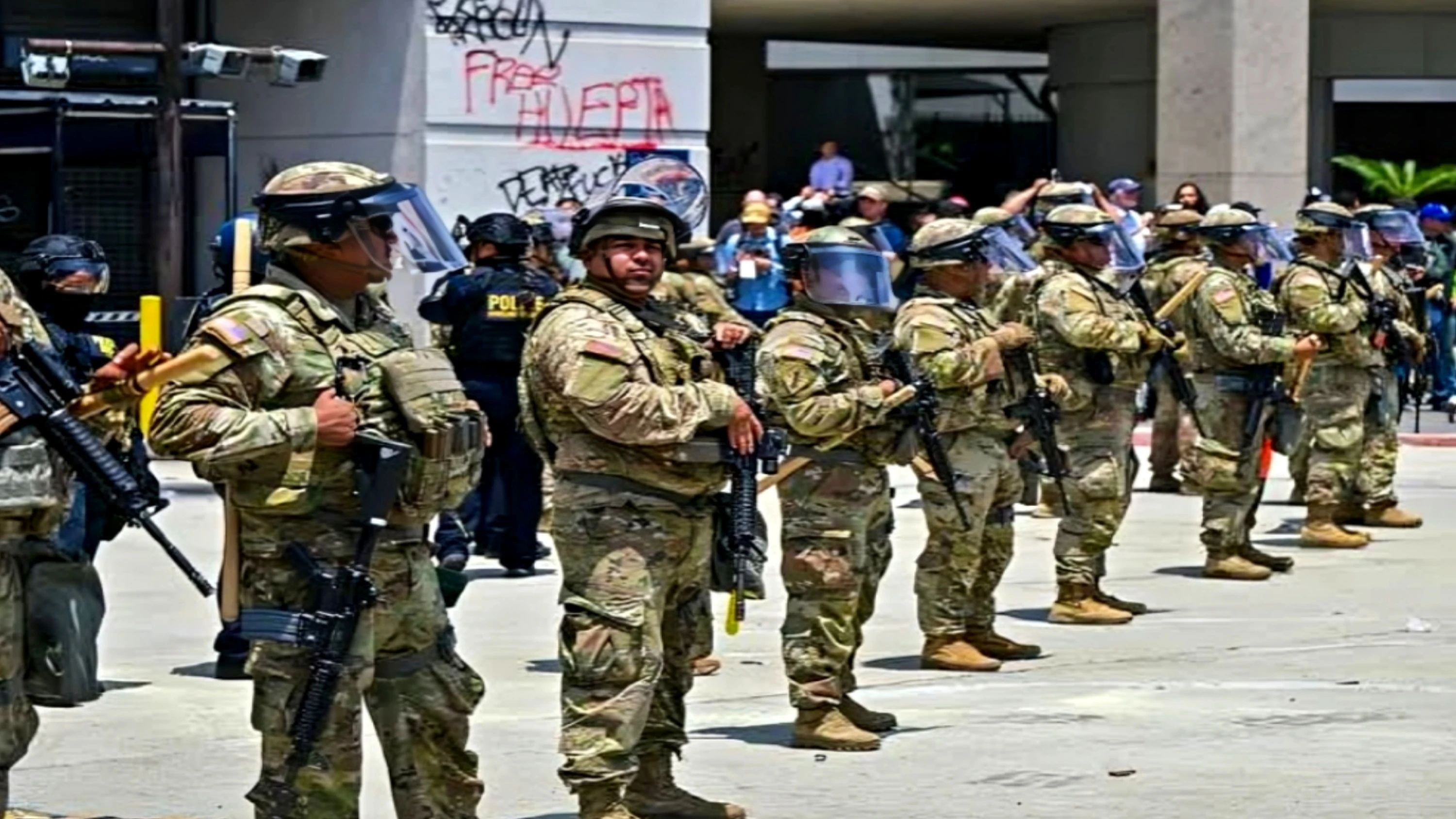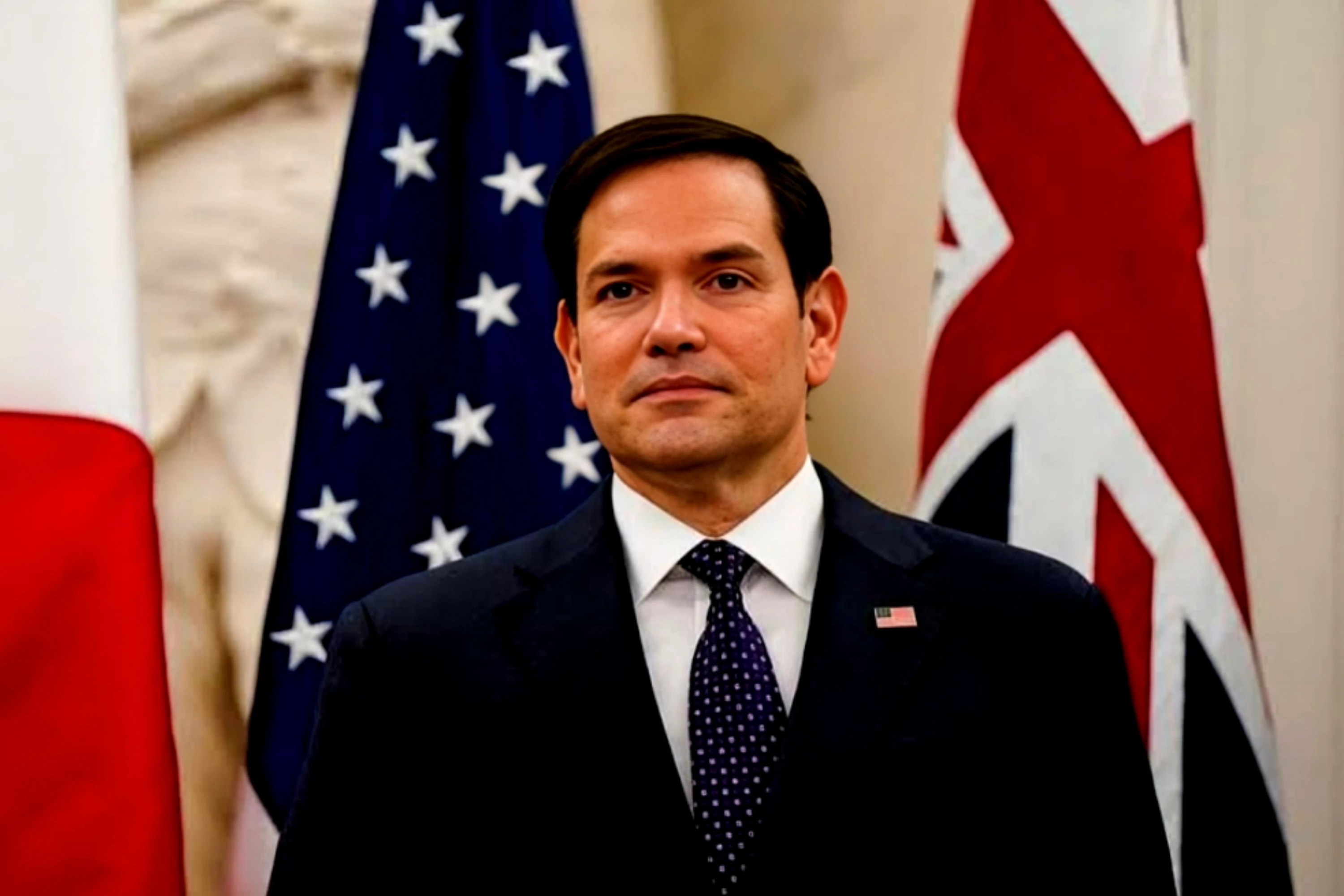WASHINGTON: U.S. President Donald Trump stated on Thursday that he continues to have a strong relationship with North Korean leader Kim Jong Un, despite the challenges of past negotiations.
Speaking during an Oval Office meeting with NATO Secretary-General Mark Rutte, Trump once again referred to North Korea as a "nuclear power."
When asked whether he intended to reestablish dialogue with Kim, Trump responded, "I would … I have a great relationship with Kim Jong Un, and we'll see what happens. But certainly, he's a nuclear power."
Trump’s comments follow his inauguration for a second term on January 20, when he also referred to North Korea as a nuclear power. This has sparked speculation over whether his administration will shift from the failed denuclearization efforts of his first term to potential arms reduction discussions with Pyongyang.
Speaking about global nuclear arsenals, Trump highlighted the power of U.S. nuclear capabilities while expressing interest in reducing stockpiles. "It would be a great achievement if we could bring down the number. We have so many weapons, and the power is so great," he said.
Trump also emphasized the importance of involving other nuclear-armed nations in arms reduction efforts. "Kim Jong Un has a lot of nuclear weapons, by the way, a lot, and others do also. You have India, you have Pakistan, you have others that have them, and we get them involved," he noted.
A White House official later clarified that Trump's remarks did not signal a shift in U.S. policy, stating, "President Trump will pursue the complete denuclearization of North Korea, just as he did in his first term."
On February 15, U.S. Secretary of State Marco Rubio met with his Japanese and South Korean counterparts, reaffirming their shared commitment to North Korea’s full denuclearization in line with U.N. Security Council resolutions.
Meanwhile, tensions have escalated between Washington and Pyongyang. Last week, Kim Yo Jong, the influential sister of Kim Jong Un, criticized the Trump administration for what she described as increased "provocations," arguing that they justified North Korea’s need to bolster its nuclear deterrence. This week, North Korea conducted multiple ballistic missile tests—its first since Trump’s return to office.








